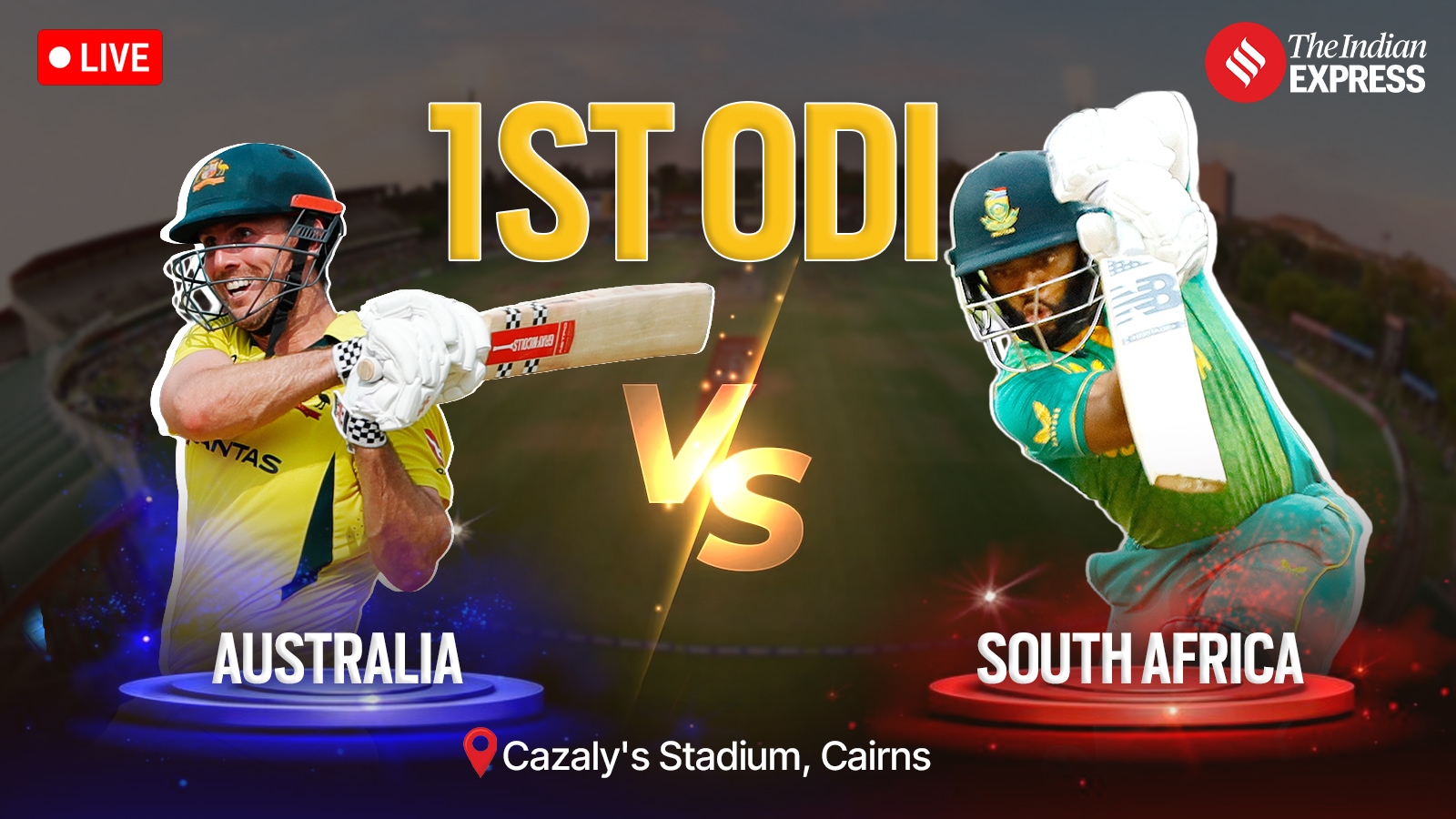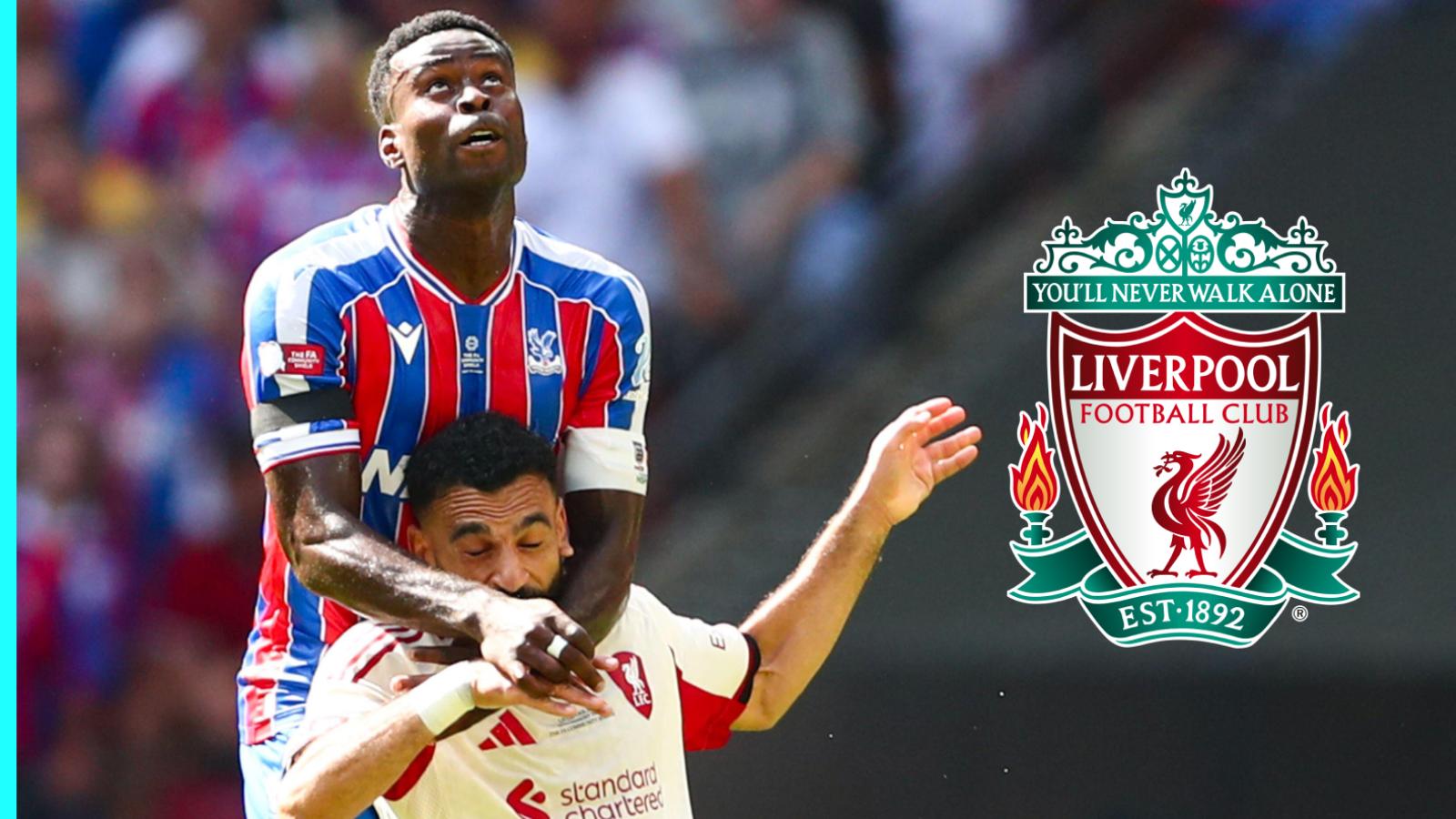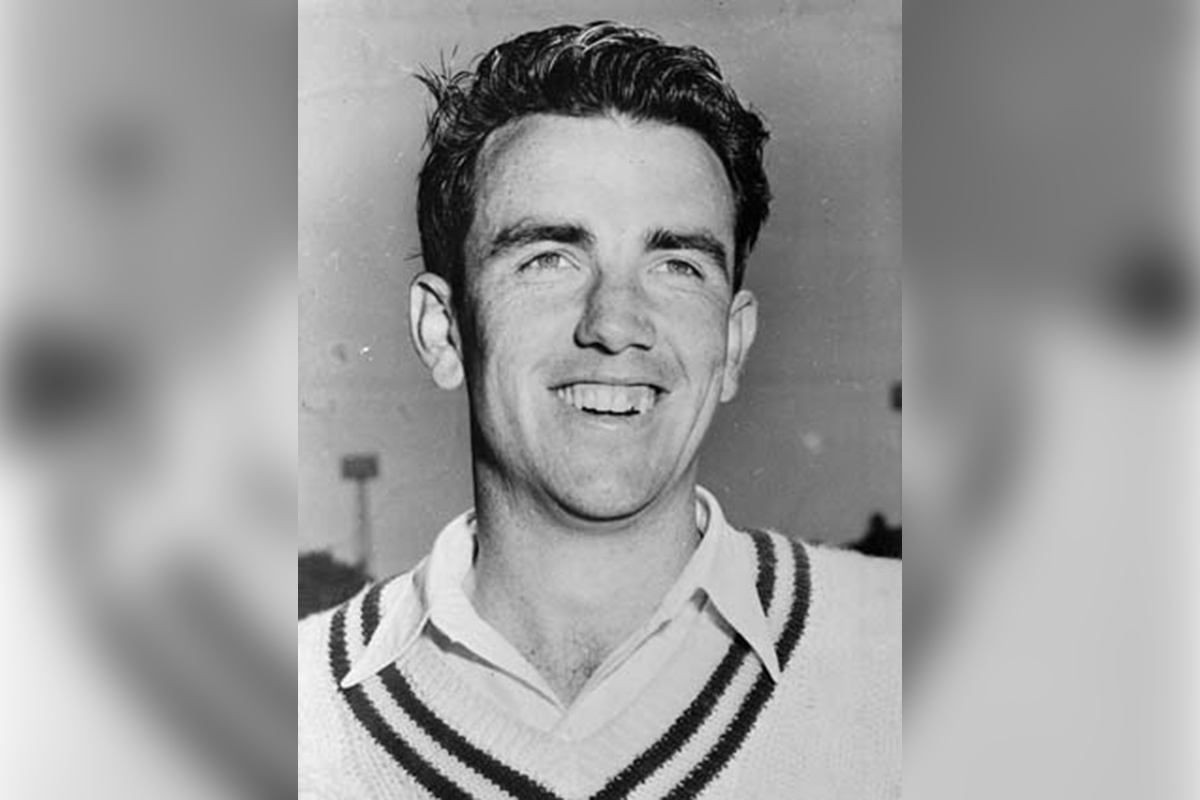Premier League of 127 nations, from Malta to Mozambique

Eusébio enchanted this country when he top-scored at the 1966 World Cup, and the nation that gave him to the world is the latest to join the global march towards English club football. The great Portugal forward was born in Mozambique, which became the 125th Fifa member — and the 127th footballing nation overall — to supply a player to the Premier League when Reinildo appeared at the weekend for Sunderland against West Ham United.There were some foreign players in the top flight before the Premier League era began in 1992 but the vast majority have been signed since then. All nations who were represented in the top division before that year have supplied further players since then, so the all-time figure still stands at 127 nationalities. Opta has provided all of this information.As the graphic shows, only seven of Uefa’s 55 nations have failed to send a player to the Premier League: what are you waiting for, Andorra, Azerbaijan, Kazakhstan, Liechtenstein, Luxembourg, Moldova and San Marino?Mozambique are the 34th African nation to join the party among the continent’s 54 Fifa members; all ten of the organisation’s South American states have done so, as have a majority of countries from the rest of the Americas.The two regions yet to make a huge mark are Asia, who have supplied only 13 nationalities from 46 Fifa members, and Oceania, where New Zealand are alone among the 11 nations in having enjoyed representation (since 2006, Australia have fallen under the umbrella of the Asian Football Confederation). In all, 125 of the 211 Fifa nations have had a Premier League presence, with the addition of Guadeloupe and Martinique, two Caribbean islands who are not full Fifa members.AdvertisementThe opening Premier League weekend in August 1992 (Saturday to Monday) featured players from the four British Isles nations and Ireland, plus 12 other countries. They included the English-born Robbie Earle and Ruel Fox, even though they would only represent Jamaica and Montserrat respectively some years later. In many cases, such as these, the footballing nationality of a player has been applied retrospectively when he has been called up by a nation other than that of his birth.On some occasions clubs have advanced the number of nationalities by two at a stroke. Newcastle United fielded the first Belgian and Swiss players on the opening day of the 1994-95 season having been impressed by Philippe Albert and Marc Hottiger respectively at that summer’s World Cup.Derby County, facing the champions Manchester United in April 1997, handed debuts to the Premier League’s first Costa Rican, Paulo Wanchope, and the first Estonian, Mart Poom, and were rewarded with a 3-2 win at Old Trafford. In August 2018 the newly promoted Cardiff City gave the division’s first recognition to two unheralded nations: they picked the Philippines goalkeeper Neil Etheridge and the future Guatemala forward Nathaniel Mendez-Laing.Barnsley lasted for only one season among the elite, 1997-98, but in that brief period managed to slip in the first Slovenian, Ales Krizan, and the first North Macedonian, Georgi Hristov (when the country was known as Macedonia). West Bromwich Albion finished bottom in 2008-09 but not before giving first representation to the unlikely trio of Suriname (Ryan Donk), Cape Verde (Pelé) and Curaçao (Shelton Martis).Senegal has supplied 48 players, though Southampton must wish they had not got the ball rolling. The first Senegalese was Ali Dia, who was signed in 1996 on a one-month contract by the club on the back of a wildly imaginative CV and somehow found his way into the team, only for his lack of talent to be revealed swiftly.AdvertisementCertain parts of the globe continue to find the Premier League out of reach. Reinildo is a rare player from eastern Africa, for example, where Kenya (Victor Wanyama) and Tanzania (Mbwana Samatta) have supplied only one player each and blanks have been drawn by Rwanda, Malawi, Uganda, Sudan, South Sudan, Ethiopia, Eritrea, Djibouti and Somalia.Of the 11 nations in southeast Asia, there have been no players from Thailand, Vietnam, Cambodia, Laos, Myanmar, Malaysia, Singapore, Timor-Leste and Brunei, while Indonesia and the Philippines have had just one player each, both of whom were born in Europe.Two other nations stand out for lacking Premier League representation. Saudi Arabia has taken a strong role in world football by effectively funding the expanded Club World Cup this summer and also being given hosting rights to the 2034 World Cup; and India is the most populous nation with about twice as many people as Europe. Will either of them become the 128th nation to be represented on a Premier League field?













